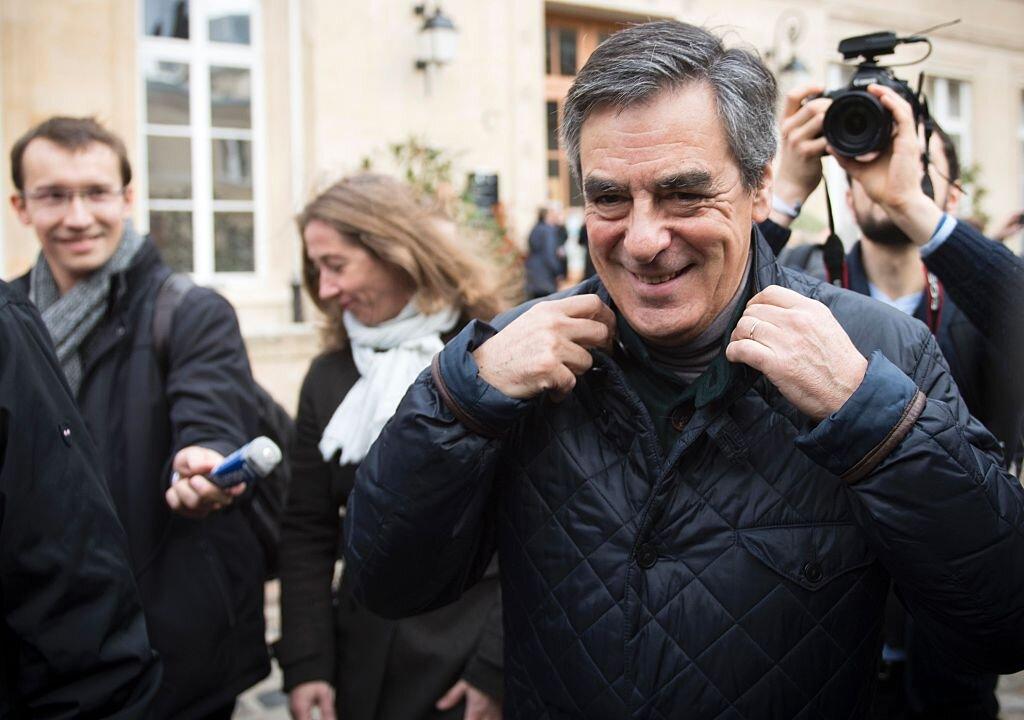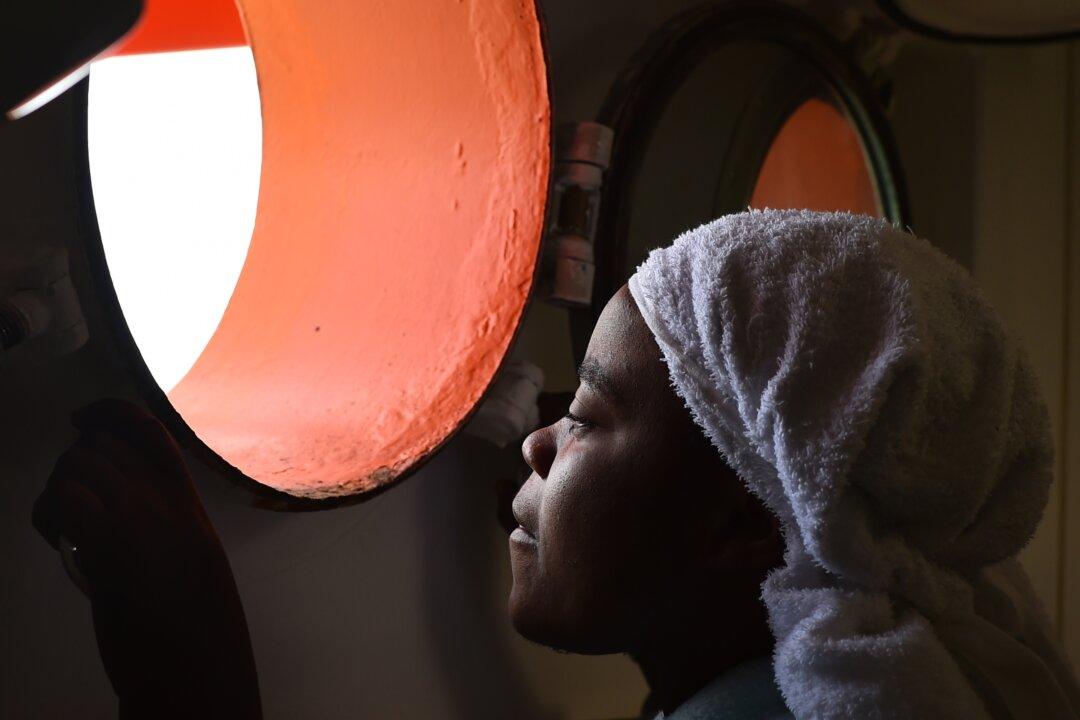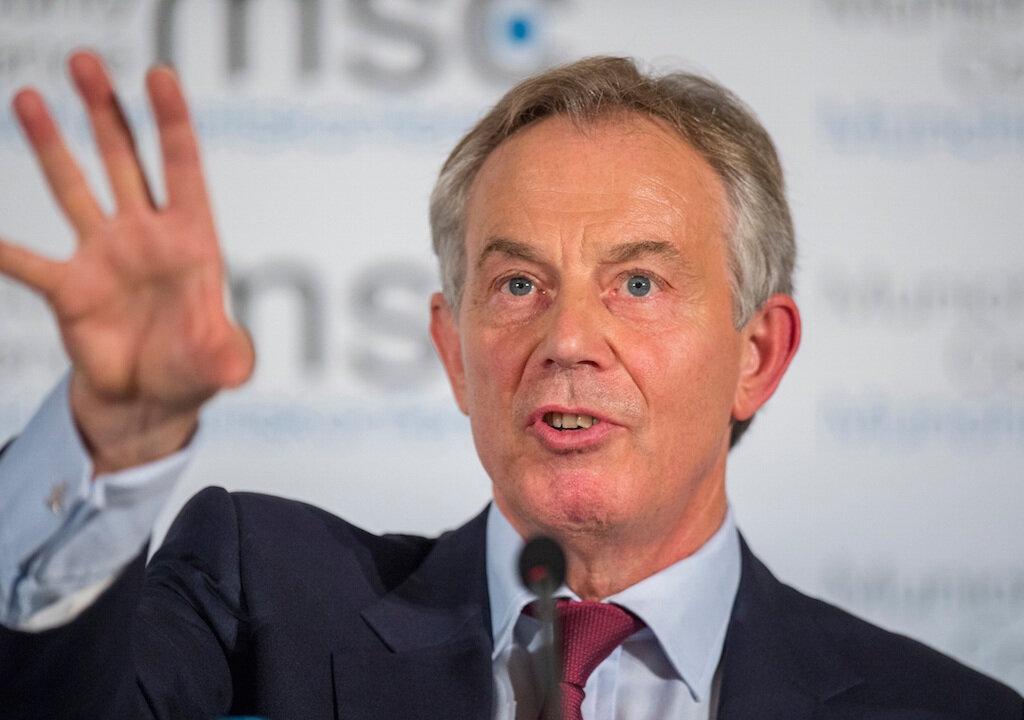French conservative party Les Républicains has found its candidate for next year’s presidential elections. Emerging victorious from the party’s primary elections on Nov. 27, Francois Fillon, former Prime Minister, will most likely be facing Front National’s Marine Le Pen in next year’s presidential elections. The repercussions of either of them clinching the Presidency are deeply feared not only in France, but also across the European Union.
Both Fillon and Le Pen have espoused strong pro-Russian views and share similar attitudes towards resetting relations between the European Union and President Putin. Fillon has been unfalteringly pro-Russian for seven years before he threw his hat into the pool of presidential hopefuls.
He has condemned the French and American bombing campaigns in Syria, and has argued in favor of a “natural alliance” with Russia. Fillon also was dismissive of Russia’s illegal invasion of Ukraine, arguing that eastern Ukraine practically belonged to Russia owing to its Russian-speaking population.
Le Pen and Fillon are united in their demand that the punitive sanctions placed on Russia after the invasion of Crimea be lifted, arguing they were counterproductive in that they only caused Russia’s attitudes and behavior towards Europe to harden, while damaging France’s economy.
All of these policy statements are overshadowed by what appears to be a close personal relationship between Fillon and Putin. French media outlets have reported that Fillon was a guest at Putin’s dacha in Sochi, and President Putin himself has referred to his “very kind personal relations” with Fillon.
Meanwhile, Le Pen felt comfortable enough to turn to Russia in order to finance her electoral campaign, and received a financial injection through a small Czech bank with opaque connections to the Kremlin.
With Fillon’s nomination secured, France is but the latest domino to fall in line with other pro-Russian European countries whose voices are growing louder. Be it Hungary, Bulgaria, Greece or even Austria, the European Union’s common front against Russia–already weakened by Brexit–is crumbling at an ever-faster pace.
However, thus far, none of these countries carried enough weight within the EU to cause the consensus on how to engage with Russia to break. But now, no matter who becomes France’s next President–Fillon or Le Pen–if their vision becomes reality, a radical departure from this consensus can be expected.
These events unfold at a time when Russia’s clout in Europe is growing beyond policy pronouncements or rhetorical tricks. Moscow has realized that there’s at least one aspect where economic ties can be bolstered, sanctions and all: its nuclear diplomacy.
And shockingly, Russia’s desire to build nuclear power plants in European countries seem to have found an unlikely ally in the European Commission. The latest controversy revolves around Hungary’s Paks II nuclear power plant, which came under fire when the Hungarian government failed to comply with EU public procurement rules by awarding Russia’s Rosatom the contract to construct two more reactors at the site.
But in an unexpected plot twist, the Commission decided on Nov. 24 to let Hungary off the hook, but it did so amid allegations that former Energy Commissioner Oettinger had broken ethics rules by using a pro-Russian lobbyist’s private plane to visit Hungarian Prime Minister Viktor Orbán.
Notably, this happened despite the European Parliament’s inquiries into unresolved questions relating to the Paks II project, suggesting that a cross-pollination between Europe’s pro-Russian bloc and the EU Commission has already begun to take place. By closing the investigation, the Parliament’s concerns were effectively overridden and suspicions sparked that the EC is making a series of compromises with Russian energy interests in Europe.
Considered the weakest European institution, the Parliament often sees its position undermined by unilateral decisions taken by Commission officials. And it seems as though the Commission is winning.




